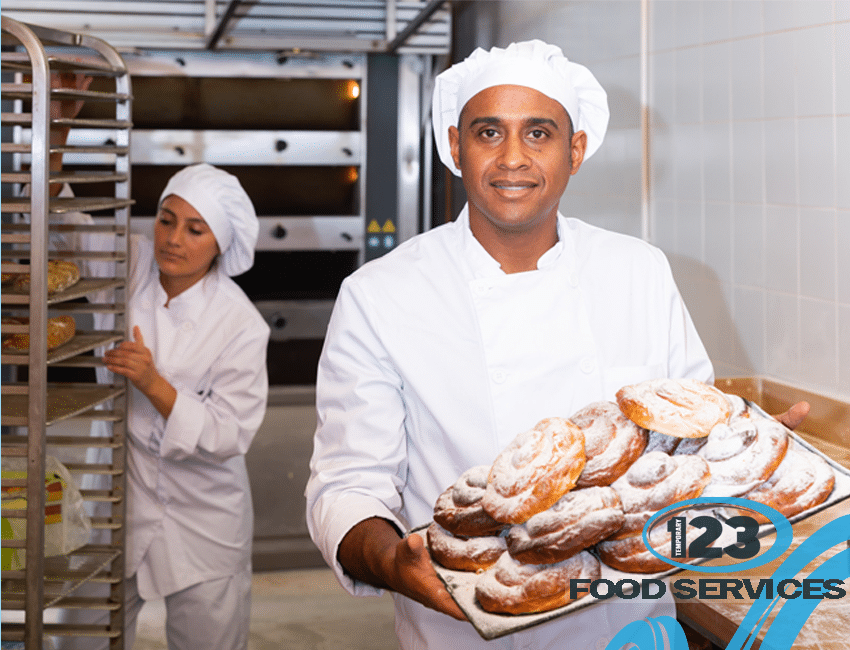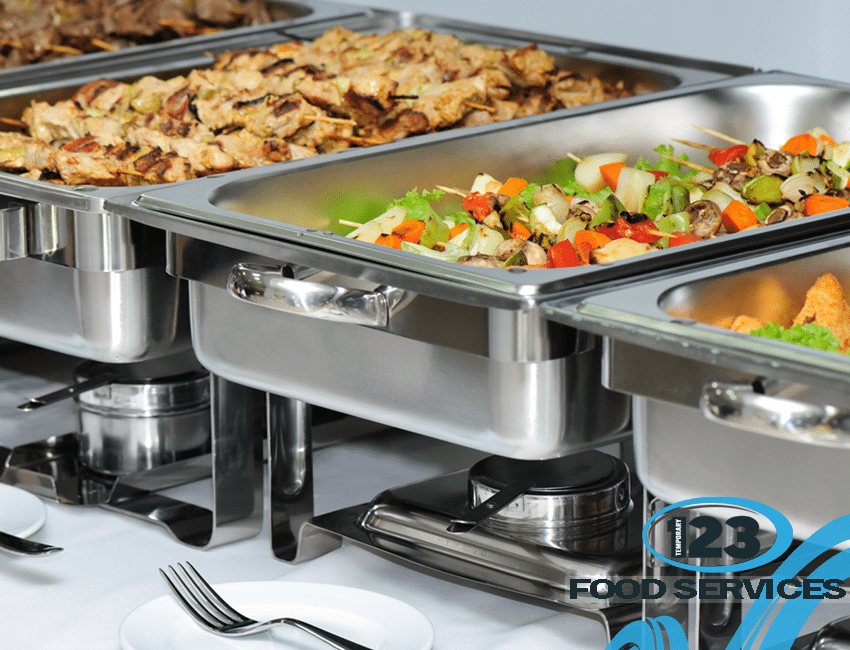
Government buyers can now procure our mobile solutions directly through GSA Learn More →

Government buyers can now procure our mobile solutions directly through GSA Learn More →

Government buyers can now procure our mobile solutions directly through GSA Learn More →

Government buyers can now procure our mobile solutions directly through GSA Learn More →
Institutional food services play a crucial role in providing nourishment to large groups of people, whether it be in schools, hospitals, correctional facilities, or military bases. The efficiency of these services is paramount to ensure that individuals receive nutritious and timely meals. Temporary Kitchens 123 is at the forefront of revolutionizing institutional food services by offering state-of-the-art temporary kitchen solutions. In this article, we will explore the importance of these temporary kitchens and how they contribute to the seamless operation of institutional food services.
The Significance of Institutional Food Services: Institutional food services are responsible for catering to the dietary needs of diverse populations. Whether serving students, patients, inmates, or military personnel, these services must adhere to strict regulations and guidelines to ensure the health and well-being of those they serve. The scale and complexity of these operations often require innovative solutions to address logistical challenges and maintain high standards of food safety.
Challenges Faced by Institutional Food Services: Traditional institutional kitchens may face limitations such as renovation projects, equipment failures, or unforeseen emergencies that disrupt their ability to provide consistent and reliable food services. These challenges can have a direct impact on the quality and efficiency of meal preparation, leading to dissatisfaction among the recipients and potential risks to their health.
The Role of Temporary Kitchens 123: Temporary Kitchens 123 offers a comprehensive range of temporary kitchen solutions tailored to meet the specific needs of institutional food services. These mobile kitchens are equipped with cutting-edge appliances, ventilation systems, and food storage facilities, providing a fully functional and compliant environment for large-scale meal preparation. The flexibility and mobility of these temporary kitchens make them an ideal choice for institutions facing temporary disruptions or those seeking to expand their existing kitchen capacities.
Key Features of Temporary Kitchens:
Modularity: Temporary kitchens can be customized to include various modules, such as cooking, preparation, and dishwashing areas, allowing institutions to create a setup that aligns with their specific requirements.
Compliance: These kitchens are designed to meet health and safety regulations, ensuring that the food prepared within them is of the highest quality and poses no risk to the consumers.
Mobility: Temporary kitchens can be deployed on-site, providing institutions with the flexibility to continue their food services during renovations, emergencies, or other scenarios that may render their primary kitchens unusable.
Efficiency: Equipped with modern appliances and technologies, temporary kitchens enable institutions to maintain a high level of efficiency in meal preparation, even in challenging circumstances.
Conclusion: Institutional food services play a pivotal role in sustaining the well-being of various communities. Temporary Kitchens 123 empowers these services by offering cutting-edge, temporary kitchen solutions that ensure continuity, compliance, and efficiency. With the ability to adapt to various settings and challenges, these temporary kitchens represent a transformative approach to addressing the evolving needs of institutional food services. By embracing innovation in meal preparation, institutions can enhance the overall dining experience for their patrons, fostering satisfaction and well-being.

